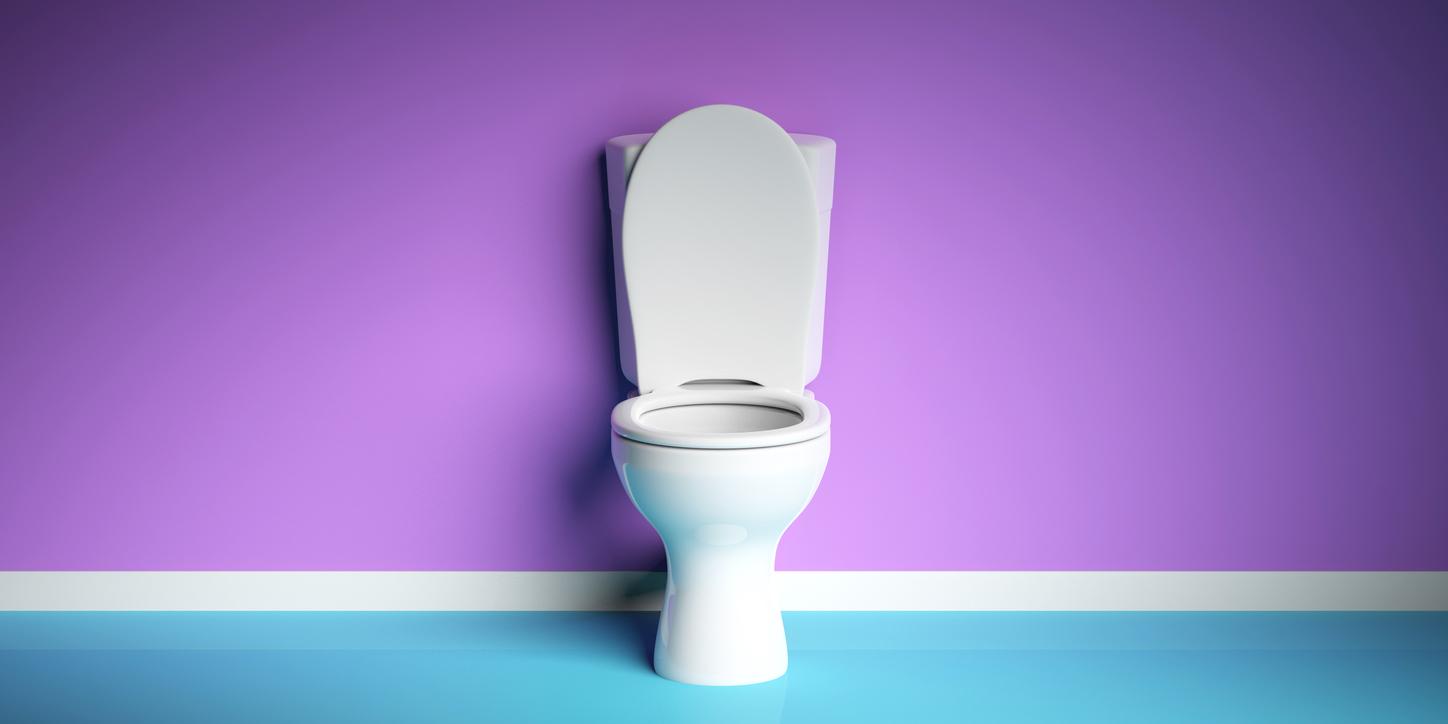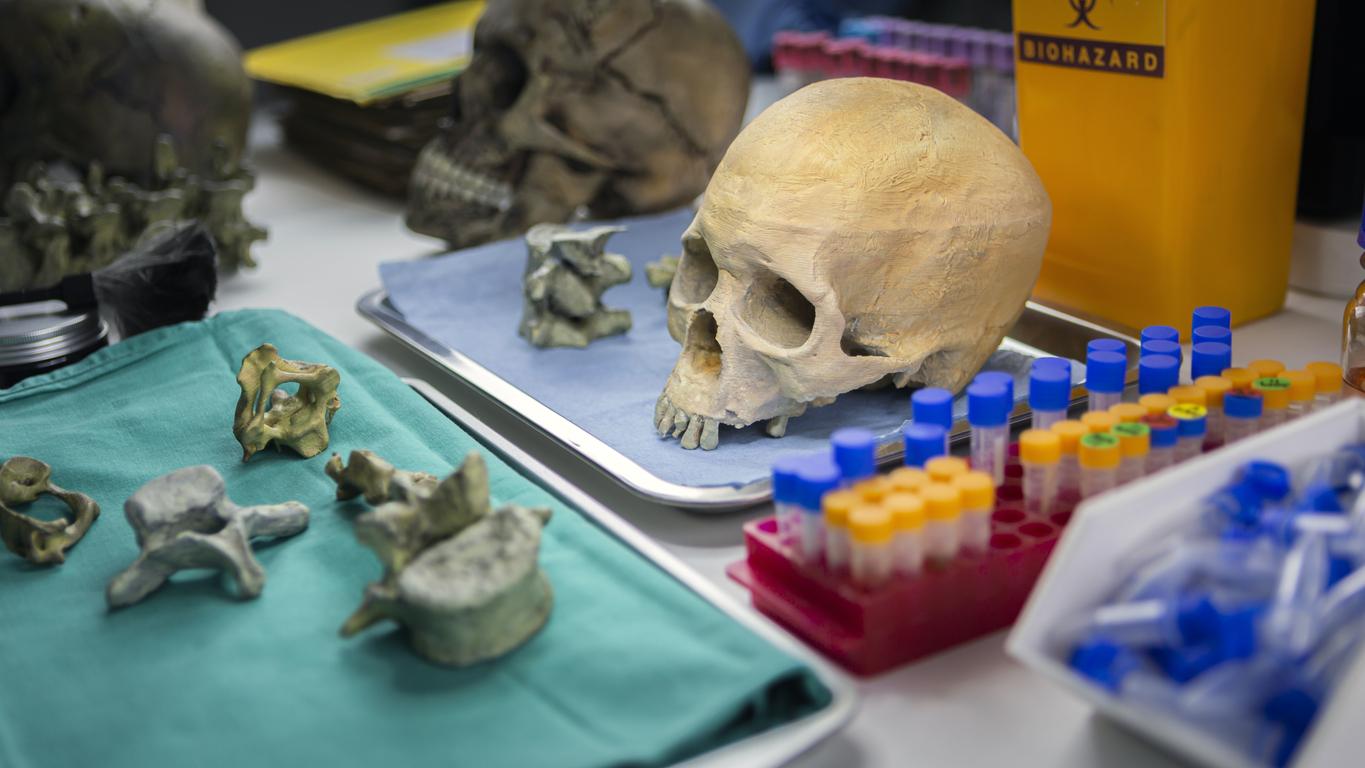
Ilse: “I was only 25 years old when I was diagnosed with Multiple Sclerosis (MS). The diagnosis of MS was a slap in the face, but pieces also fell into place. The chronic bladder infection and the often out at night having to urinate turned out to be symptoms of the disease. The neurologist suggested catheterising. It took some getting used to, but now it has become a routine for me and I no longer have bladder infections.”
The relationship between bladder and bowel problems and MS
More than 7 in 10 people with MS experience some degree of bladder problems. Some people have difficulty urinating or spontaneously lose urine. Others have to urinate often, but only urinate small amounts. The bladder is controlled by the central nervous system. MS damages the protective and insulating layer around nerves in the brain, spinal cord, and optic nerves, causing patients to lose control of their bladder.
Although intestinal problems are less common than bladder problems, a large number of people with MS experience a variety of intestinal complaints, such as constipation or difficulty holding stools or diarrhoea. The disturbed information transfer between brain and gut plays a role in this. Reduced mobility of MS patients and certain drug use can also have an impact on these complaints. If left untreated, bladder and/or bowel problems can exacerbate the disease and have a major impact on quality of life. Make an appointment with your doctor or specialist quickly if you have bladder and/or intestinal complaints. There are various solutions that can improve the quality of life.
Free magazine about bladder and bowel problems in MS
Coloplast, a manufacturer of medical devices for 60 years, has put together a magazine about bladder and bowel problems in MS. It free magazine ‘Bladder and bowel problems in MS‘ answers the most common questions and possible solutions. You can also read how other people with MS deal with their bladder and bowel problems. And learn more about the solutions that help them improve their quality of life.


















